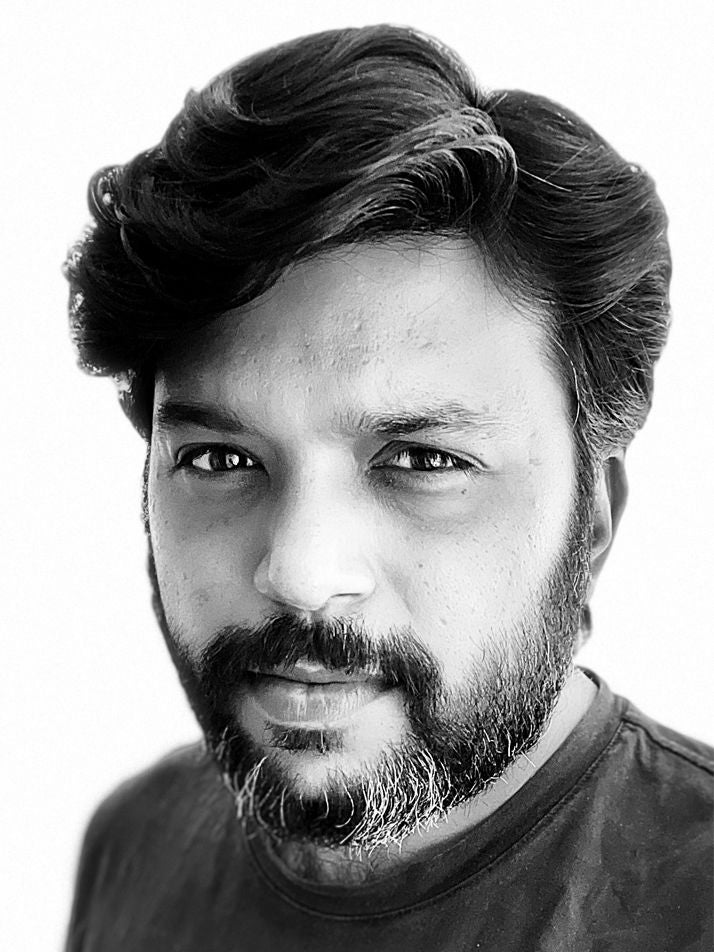Pulitzer-Prize Winning Reuters Photojournalist Killed In Kandahar
Reuters photojournalist Danish Siddiqui was killed on Friday while covering a clash between Afghan security forces and Taliban fighters in the town of Spin Boldak in Kandahar, on the Afghanistan-Pakistan border. He was 38.
An Afghan commander that spoke to Reuters said that Afghan special forces had been fighting to retake the main market area of the town when Siddiqui and a senior Afghan officer were killed by Taliban “crossfire”. Siddiqui had told Reuters earlier on Friday that he had received a shrapnel injury to his arm while covering combat in the town. According to the Afghan commander, Siddiqui had been talking to shopkeepers after being treated when the Taliban attacked again, following an earlier retreat.
Siddiqui had been embedded with Afghan special forces in Kandahar since earlier this week, reporting on Tuesday his experiences with a special forces team fighting to extract a wounded policeman that had been fighting off Taliban fighters alone at a checkpoint for 18 hours, weary from a night of combat themselves. Siddiqi released a video of the moment an RPG struck the added armor of the Humvee he was in on Twitter, alongside the report.
In a statement, Reuters President Michael Friedenberg and Editor-in-Chief Alessandra Galloni stated that they were “urgently” seeking more information into Siddiqui’s death, and were working with authorities in the region to do so. They continued:
“Danish was an outstanding journalist, a devoted husband and father, and a much-loved colleague. Our thoughts are with his family at this terrible time.”
Siddiqui started working for Reuters as a photographer in 2010 after stints with the Hindustan Times and Today TV, and went on to cover the wars in Afghanistan and Iraq, the Rohingya refugee crisis, as well as the Hong Kong protests and earthquakes in Nepal for Reuters. He was part of the Reuters photography team that was awarded the 2018 Pulitzer Prize for Feature Photography for their coverage of the Rohingya refugee crisis, with the judging committee describing their work as “shocking photographs that exposed the world to the violence Rohingya refugees faced in fleeing Myanmar”.
His coverage of the COVID-19 pandemic in India also brought worldwide attention to the pandemic’s effects on the country. In addition to documenting the plight of migrant workers forced to walk hundreds of kilometers back to their hometowns in March 2020 after a 21-day national lockdown cut off all other means of transportation, Siddiqui’s photography also captured the devastating toll of the coronavirus’ second wave of infections, as the virus killed thousands and brought the Indian healthcare system to its knees.
In his Reuters biography, the largely self-taught Siddiqui said that “I shoot for the common man who wants to see and feel a story from a place where he can’t be present himself.”
Siddiqui is survived by his wife Rike and two young children.
Spin Boldak has been at the center of heavy fighting between Afghan forces and Taliban fighters, after the Taliban claimed to have captured the town’s border crossing on Wednesday, the second largest crossing on the Afghanistan-Pakistan border. On Thursday, Afghanistan’s First Vice President Amrullah Saleh accused Pakistan’s Air Force of providing close air support for Taliban fighters in the border crossing area, saying that Pakistani Air Force aircraft had threatened to shoot down Afghan Air Force aircraft that came within ten kilometers of the border.

